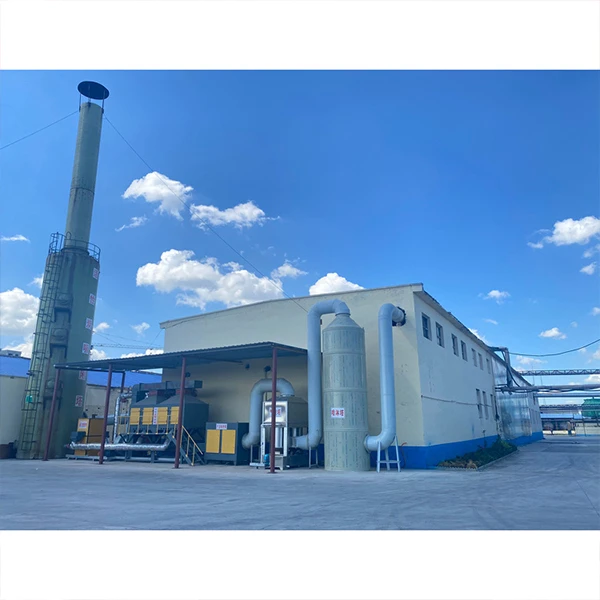The Role of Cement Thickener in Construction
In the realm of construction and building materials, the quest for durability and stability is paramount. One of the critical components that play a significant role in enhancing the performance of cement is a cement thickener. This additive, although sometimes overlooked, is essential in ensuring that cement mixtures achieve the desired consistency and strength.
Understanding Cement Thickeners
Cement thickeners are substances added to cement mixtures to modify their viscosity and flow properties. By increasing the thickness of the cement paste, these additives help prevent segregation of the components within the mixture, ensuring a homogenous blend. With the right thickener, contractors can maintain an optimal workability of the cement without compromising its strength once set.
There are various types of thickeners used in the construction industry, such as cellulose derivatives, synthetic polymers, and natural gums. Each type exhibits unique properties that can be tailored to specific applications. For example, cellulose-based thickeners are widely used due to their effectiveness in retaining water and enhancing the adhesion of cement to different surfaces.
Benefits of Using Cement Thickeners
1. Improved Workability One of the primary benefits of adding a thickener to cement is improved workability. This characteristic facilitates easier application and manipulation of the cement mixtures, particularly in complex or intricate projects. For example, when pouring cement into molds or forms with detailed shapes, a thicker mixture adheres better and reduces the risk of air pockets or voids.
cement thickener

2. Reduced Water Content Thickeners can help achieve the desired consistency while reducing the amount of water needed in the mixture. Since water is a critical factor in determining the strength and durability of cement, minimizing its use without affecting workability can lead to a stronger final product. This is particularly important in environments where excessive moisture can compromise the cement's integrity.
3. Enhanced Stability Cement mixtures with thickeners exhibit greater stability after application. Thickeners help prevent the separation of aggregates and other components, ensuring that the mixture remains uniform throughout the curing process. This uniformity is vital for achieving consistent strength properties across the entire structure.
4. Versatility The adaptability of cement thickeners allows them to be used in various applications, ranging from residential construction to heavy civil engineering projects. Whether it's for plastering walls, creating concrete slabs, or formulating grouts, thickeners can be tailored to meet the specific requirements of the job.
5. Cost Efficiency By optimizing the mixture's composition and reducing the amount of water required, thickeners can lead to cost savings in material usage. Additionally, reducing waste and ensuring a more efficient application can save time and labor costs on construction sites.
Conclusion
The role of cement thickeners in construction cannot be understated. They are indispensable additives that enhance the performance and durability of cement mixtures, providing benefits such as improved workability, reduced water content, enhanced stability, versatility, and cost efficiency. As the construction industry continues to evolve, the development of new and improved thickeners is likely to further revolutionize how we approach cement-based applications. Embracing these innovations will undoubtedly lead to stronger, more resilient structures that stand the test of time.
-
Rdp Powder: Key Considerations for Wholesalers in the Building Materials IndustryNewsJul.08,2025
-
Key Considerations for Wholesalers: Navigating the World of Hpmc - Based ProductsNewsJul.08,2025
-
Hpmc Detergent: Key Considerations for WholesalersNewsJul.08,2025
-
Key Considerations for Wholesalers: China Hpmc For Tile Adhesive, Coating Additives, Concrete Additives, and MoreNewsJul.08,2025
-
Crucial Considerations for Wholesalers: Navigating the World of Construction MaterialsNewsJul.08,2025
-
Key Considerations for Wholesalers Sourcing Additive For Cement, Additive For Concrete, Additive For Putty from Additive Manufacturer Shijiazhuang Gaocheng District Yongfeng Cellulose Co., Ltd.NewsJul.08,2025




